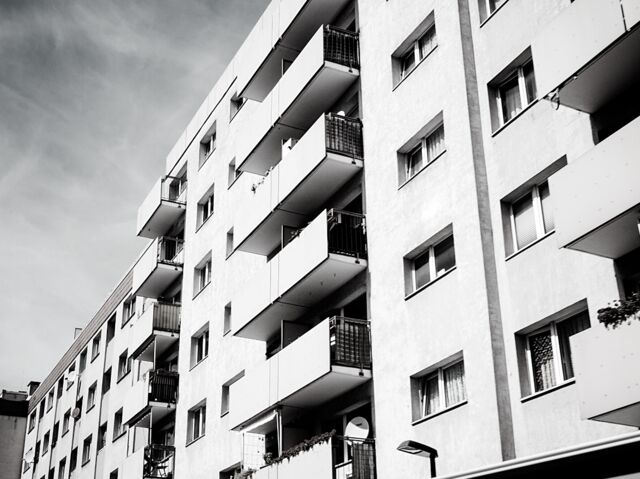In a ruling dated January 11, 2024, the Third Civil Chamber of the Court of Cassation reiterated that the precarious occupancy agreement is not a lease and, consequently, the delivery obligation provided by Article 1719 of the Civil Code does not apply to it.

Court of Cassation, 3rd Civil Chamber, January 11, 2024, No. 22-16.974
In this case, the occupant, complaining of water damage, had sued the owner for the damages suffered.
While the Court of Appeal had found the owner in breach of their delivery obligation, the Court of Cassation overturned the decision, reminding that the precarious occupancy agreement is not a lease.
As a result, the provisions relating to common law leases are not applicable to the precarious occupancy agreement. Indeed, this contract is governed solely by its contractual stipulations, so unless Article 1719 of the Civil Code is expressly referred to, it does not apply to the relations between the parties.
Therefore, the parties must be extremely precise when drafting their precarious occupancy agreement.
As a reminder, the precarious occupancy agreement is a judicial creation that was endorsed by the Pinel Law (Law No. 2014-626 of June 18, 2014), with the creation of Article L145-5-1 in the Commercial Code, which states that "the precarious occupancy agreement, which is characterized, regardless of its duration, by the fact that the occupancy of the premises is authorized only due to particular circumstances independent of the sole will of the parties, is not subject to this chapter."
Thus, the conclusion of such a contract must be justified by "the existence of particular circumstances other than the sole will of the parties constituting a legitimate reason for precariousness" (Court of Cassation, 3rd Civil Chamber, November 9, 2004, No. 03-15.084).
The judge must ensure the objective nature of the precariousness, which may result from the unpredictable nature of the period during which the use of the property can be granted to the occupant. If this condition is lacking, the judge will reclassify the contract according to its true nature.
To find out more about news from the Real Estate & Property Management department, click here.
Discover the news from:
- the Property Law & Property Management department